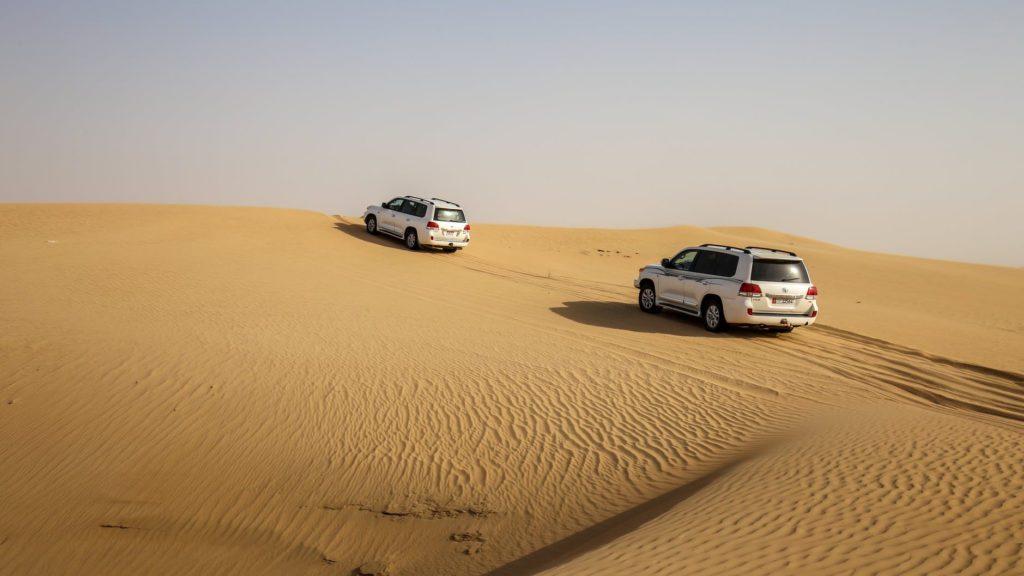Back in the day, you had to let a credit card company know if you were planning to do spending outside your normal patterns. Otherwise, if you were traveling across the country or around the globe, and if the bank suspected a charge to be unusual, you would run the risk of having your purchase denied at the most inconvenient moment.
Over time, banks developed algorithms and used AI technology to determine if a charge was fraudulent. The more you traveled, the less likely a charge from a faraway location was likely to be questioned.
I noticed that some payment systems might need to be recalibrated due to changes in spending patterns. For example, when I tried to pay for part of my trip to Iceland with my Sapphire Reserve, the first charge was denied. However, I received an email and text asking me to confirm that I was the one who made the charge (which I was), and I was able to submit the payment again successfully.
If you’re home, having your credit card charge denied is a minor inconvenience, even if it can be slightly embarrassing. If it’s not something you’re aware of, such as being over your limit or not paying your bill, you can usually resolve the problem by a quick call to the bank or checking your account on their website or mobile app.
What happens if this occurs when you’re away from home? Making a few purchases, especially large ones, in a new location can lead to your card being denied or even worse, shut down.
So how can you try to prevent this from happening and what can you do if it does?
Alert your bank in advance
You can inform your bank about your travel plans. This way, when their system detects multiple charges from different locations, there’s less chance of your account getting flagged for fraud.
Here’s a link to our article on how to let each bank know about your trip.
If you’ve made travel-related purchases with your card, like airfare or hotel charges, they might let you know they’re aware of your trip like this email we received from our Citi Prestige account.
Make sure your account information is up to date
If your bank suspects fraudulent activity on your card, the first thing they will do after denying the charge is to try to contact you. Does the bank have your current phone number and email address? If you’ve changed either of them since signing up for the card, it’s smart to log into your account and ensure your contact information is current.
Download the mobile apps from your banks
I keep reading how more and more people are doing most of their online transactions on their mobile devices. While I still prefer working on a desktop computer, I make sure to have the apps for my banks on my phone. In case of problems, this is often the fastest way to resolve them. For example, simply logging into your account and clicking on the link to tell the bank that you, in fact, did try to make the charge from the 7-Eleven in Tokyo, can unlock your card for future use.
Don’t put all of your eggs in one basket
If a bank thinks your account is compromised, there’s a chance they’ll lock all of your cards as a precaution. They might even lock your spouse’s cards as well. We found this the hard way when Chase locked us out of our accounts when trying to make a large purchase at Buc-ee’s in Texas.
What saved us from having to give up on that purchase? We used our Discover card instead. I make sure to have cards from various banks when we travel. I also have our ATM card from a bank that is not associated with any of our credit cards. I take care of all these arrangements when doing the pre-trip wallet shuffle.
If your charge is denied, don’t panic
If you have access to the internet, try to open the bank app or check your text messages to see if you have a message from your bank. It might be as simple as clicking a box to unlock your account and have the charge go through.
If that doesn’t work, you can try a card from a different bank.
If none of those work, you can try to pay using your debit card. It’s not the optimal solution, but all you really want to do is pay and sort out everything else later.
Carry some cash with you
I’ll admit that I often have less than $40 in my wallet at any time. I once went for two weeks with no cash to see how easy or difficult it would be to operate in a cashless environment. It turns out, for most transactions, it’s pretty easy.
That’s not the case when I travel. I try to remember and bring cash with me. Even if traveling internationally, I’ll feel comfortable just having U.S. dollars. If I need to convert them to other currencies, I can. Heck, if I can convert them in Cuba (and we did), then there are very few places I’m worried about currency exchange.
Call your bank
You might have to call your bank to straighten things out. It may help, maybe not. I’ve heard of American Express overnighting a new card to a hotel for a card member. This is definitely easier if you’re in a large city like Shanghai, Singapore, Tokyo, London or San Paulo. If you’re trekking across Africa, it might be harder to call your bank or for them to get a replacement card for you.
In case of emergency, get someone to send you money
If you’re somewhere and your wallet was stolen and you need cash now, check to see if there’s a cash center, such as Western Union, in the area. You can call someone back home and ask if they can transfer cash to you until you can get everything straightened out.
If you need additional tips, there are several real-life situations in this article from Conde Nast Traveler showing worst-case scenarios and what you can do if you’re in a similar position.
Final Thoughts
Experiencing a denied or compromised card while traveling can completely ruin your trip. You can try to take precautions ahead of time to avoid any issues, but sometimes there’s nothing more you can do.
Having the proper tools at your disposal and a bit of preparation can go a long way to help you get back on track and let you enjoy the rest of your trip.
Want to comment on this post? Great! Read this first to help ensure it gets approved.
Want to sponsor a post, write something for Your Mileage May Vary, or put ads on our site? Click here for more info.
Like this post? Please share it! We have plenty more just like it and would love it if you decided to hang around and sign up to get emailed notifications of when we post.
Whether you’ve read our articles before or this is the first time you’re stopping by, we’re really glad you’re here and hope you come back to visit again!
This post first appeared on Your Mileage May Vary
Join our mailing list to receive the latest news and updates from our team.

